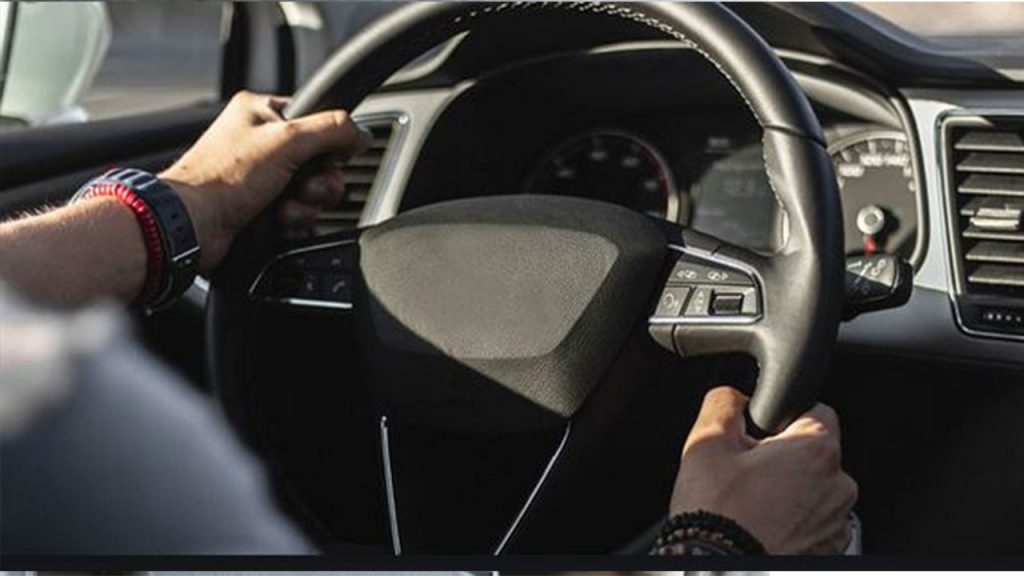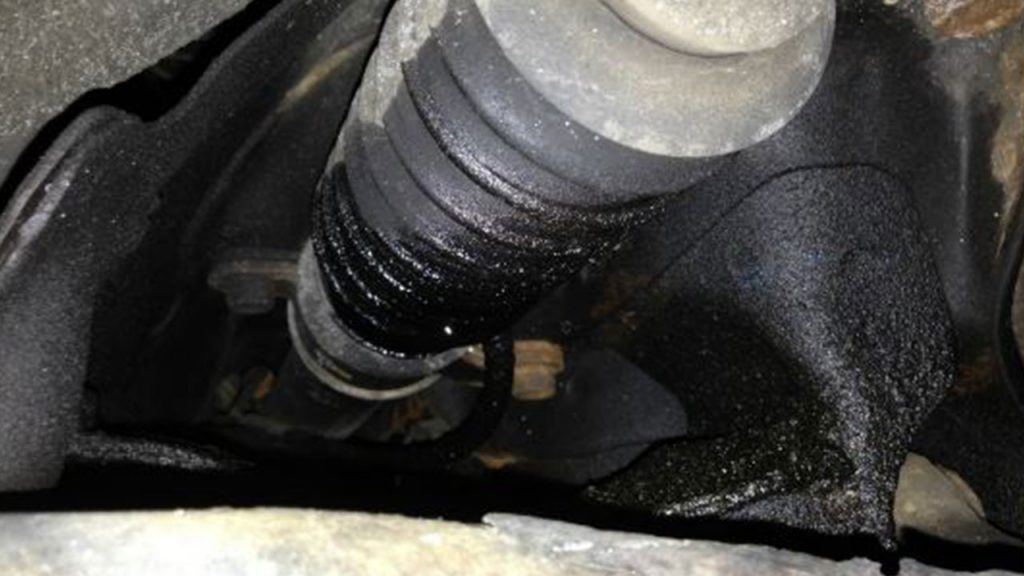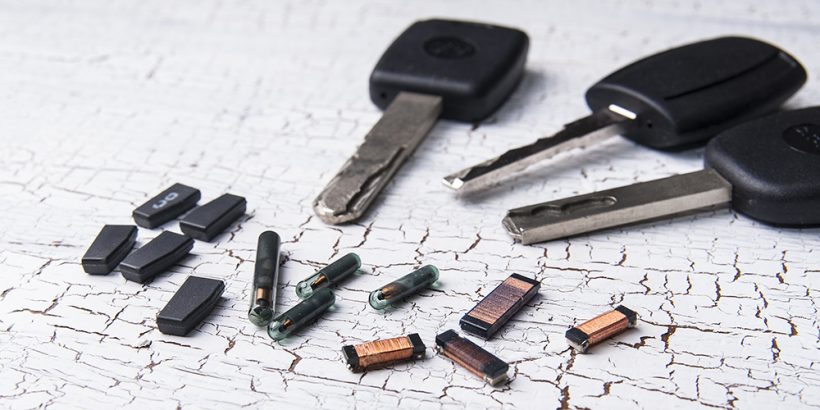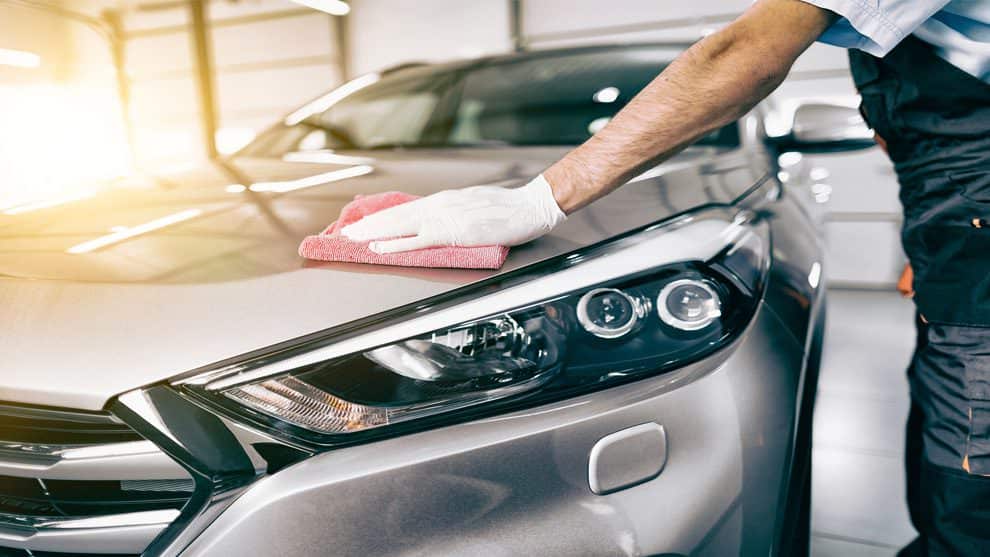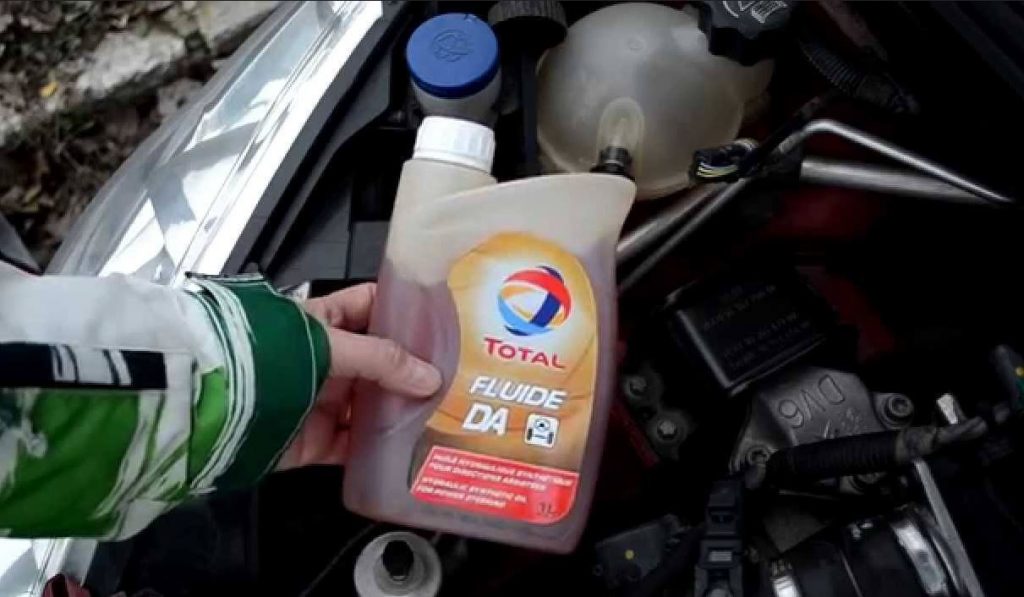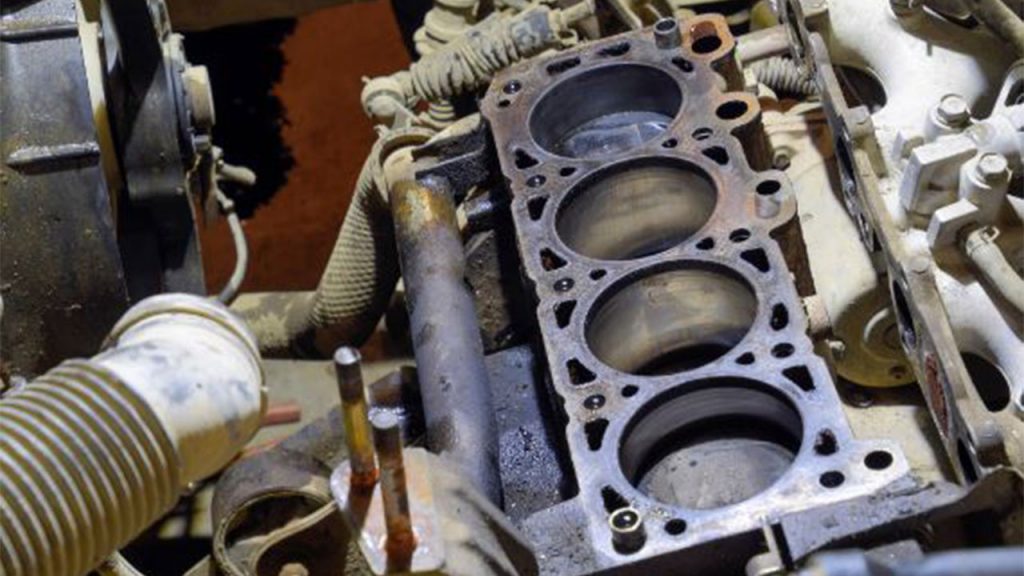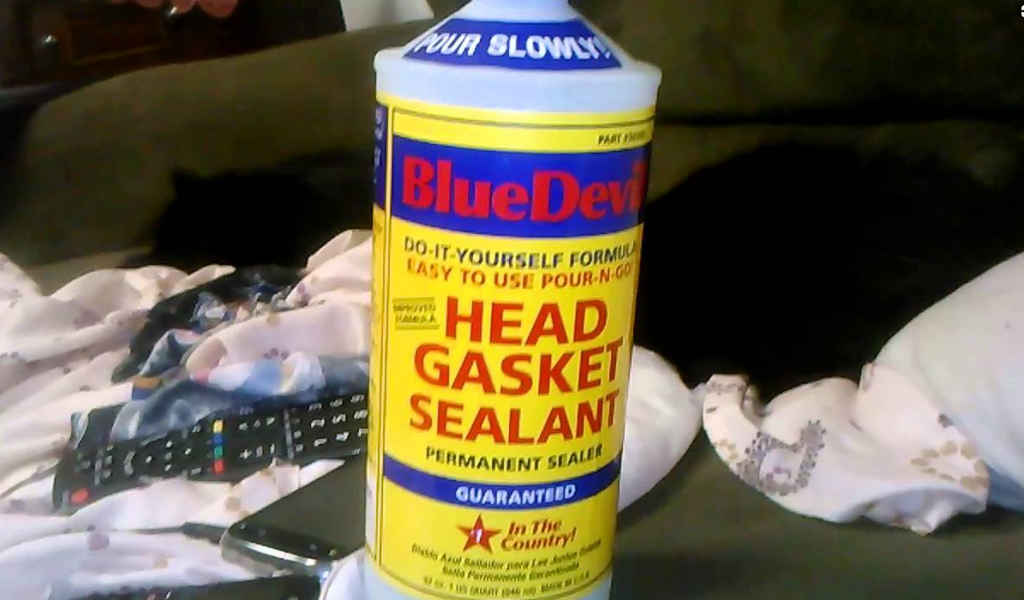Last updated on June 28th, 2023 at 05:12 pm
If you experienced your car overheating then going back to normal, know that there are possible reasons for that. And this post what causes that, why is my car overheating but it has coolant in it? how far can you drive an overheating car and why is my car overheating with a new thermostat and if a low coolant can cause overheating.
An engine can overheat for a variety of reasons. One of the possible causes is a malfunctioning water pump. The coolant does not circulate properly when the water pump fails, causing the engine to overheat. A variety of factors can cause the engine to overheat.
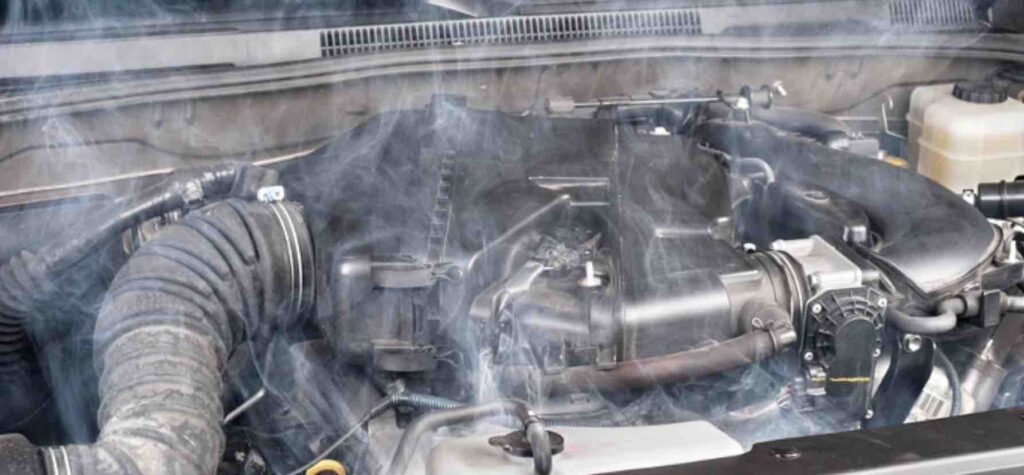
7 possible causes of car overheating then going back to normal are:
- A broken water pump
- Leaks of Coolant
- Faulty radiator
- Problems with the Thermostat
- Failure of the head gasket
- Failure of the Radiator Fan
- Coolant Level Is Low
Nevertheless, there are many factors other than the outside temperature that can significantly contribute to your car’s risk of overheating, and most of them can be avoided if you know where to look.
Take note of your check engine light, and give your vehicle a thorough inspection before heading out on a summer road trip. You wouldn’t like to be stranded on the edge of the highway with steam billowing from your engine.
Why is my car engine overheating but coolant full?
Overheating engines can be caused by several circumstances. A fault usually causes this with the cooling system that also keeps heat from leaving the engine compartment.
A cooling system leak, a damaged radiator fan, a broken water pump, or a clogged coolant hose might be the root of the problem. However, regardless of its cause, an overheated engine isn’t something you want to ignore. Your engine may suffer substantial, if not irreversible, damage.
If your car overheats, there might be several causes for this, and if you ignore it, your car will break down in the middle of the road, costing you a lot of money. As a result, anytime your automobile displays indications of overheating, you should know exactly what to do. Also read this related post
Why is a car Engine Overheating But Coolant full & Radiator is Cool to Touch
In this case, it’s possible that you don’t have an overheating problem, but rather that you require a new radiator cap. If the current radiator cap does not keep the pressure in, it will do as you describe.
Even if the temperature gauge appears to be expected, the pressure will be allowed to escape, resulting in steam and the appearance of excessive heat.
Keynote
The primary purpose of your car’s cooling system is to remove heat from your engine block by flowing coolant through cooling tubes and then transferring that heat to the air via the radiator in the front.
Whenever your cooling system isn’t fully stocked with coolant at all times, it won’t run as efficiently as it might and could be the root of your overheating. So first, check the coolant reservoir to see whether your system is complete.
When your automobile is cold, such as after sitting all night, it should have coolant in it, which means your cooling system is complete and free of air. Conversely, if the reservoir is empty when your car is heated, it means you have a low coolant level.
The car overheats, but the radiator is cool to touch
All you have to do now is make sure the system is coolant-filled and leak-free.
Ensure to remove air bubbles: I do this by squeezing the hoses connected to the engine like a hand rubber pump as I add coolant, then starting the engine without the radiator cap for a few seconds, then repeating the process.
Remove the Thermostat entirely and test the engine without it. To test the Thermostat, boil some water and submerge it, “click” or open it if the water is hot enough. The Thermostat must be installed correctly in some engine designs. Otherwise, the coolant will not flow as intended.
Why is my car overheating but it has coolant in it
Even though your automobile has coolant, it is still possible to overheat. Nothing is more terrifying than discovering a temperature gauge that has abruptly shifted to the red zone.
Components can tighten, distort, or score once an engine reaches a particular temperature, all of which are devastating in the automotive world.
Despite its importance, the cooling system is frequently overlooked in the automotive industry, particularly in high-revving and midrange torque effectiveness automobiles that create a tremendous amount of heat.
7 Reasons for car overheating then going back to regular engine
1. A broken water pump
Because it regulates the coolant flow throughout the system, your engine’s water punch is often regarded as the most crucial portion of your car’s cooling system.
The pump may stop operating correctly if it is unstable, has internal erosion, or if the system becomes polluted. If your engine overheats, always check the water pump first since there’s no way to get your engine running again until the pump is functioning correctly.
Keynote
An auxiliary belt, timing belt, or timing chain drives your car’s water pump from the engine. A revolving component called an impeller with fan-like blades is found inside the water pump casing.
The impeller spins and pushes the coolant through the cooling system whenever the engine is turned on. As a result, coolant will no longer circulate correctly if the water pump or its driving mechanism (belt or chain) fails.
2. Leaks of Coolant
There might be a clog in any of the radiator hoses, or one of them could be broken.
Water pump, thermostat housing, heater core, head gasket, freeze plugs, automatic transmission oil cooler, cylinder heads, and block are just a few of the sites where coolant might leak.
There might be a clog in any of the radiator hoses, or one of them could be broken.
3. Faulty radiator
The engine coolant travels via your radiator, which is responsible for cooling it. This means that maintaining the engine temperature requires adequate radiator performance.
If your engine overheats due to a radiator problem, the radiator fan and all fan parts should be checked first.
4. Problems with the Thermostat
The engine coolant travels via your radiator, which is responsible for cooling it. This means that maintaining the engine temperature requires adequate radiator performance.
If your engine overheats due to a radiator problem, the radiator fan and all fan parts should be checked first. When your fan isn’t operating correctly because of a damaged fan blade or an unreliable connection, the radiator may not be able to reduce the cooling capacity sufficiently.
The fan may spin when the engine is turned off, but this won’t assist much with cooling. car running hot but not overheating, solution: how do you fix a car that overheats
5. Failure of the head gasket
Head gasket failure is the most severe issue that might cause your automobile to overheat. The head gasket is a vital engine component because it creates a seal between the engine compartment and the combustion chamber.
The combustion chambers, coolant, and engine oil travel via the head gasket. As a result, the head gasket is in charge of sealing the high-pressure combustion gases, as well as the engine coolant and oil. Therefore, if the head gasket has blown out, it might cause significant problems.
So, if your automobile is frequently overheating and you haven’t found any of the explanations listed above, you may have a head gasket problem. By seeing any of these problems, you can determine the same.
6. Failure of the Radiator Fan
When the car is not moving rapidly, the electric cooling fan’s primary duty is to suck cooler air into the radiator.
Look beneath the hood to see if the radiator’s fan functions if your car is overheating. For example, your engine will overheat if the radiator fan is not turned on while driving slowly.
When the automobile is not rushing, the electric cooling fan’s primary duty is to suck cooler air into the radiator. Look beneath the hood to see if the radiator fan runs if your car is overheating.
Some things might cause your radiator fan to stop working. For example, the fan motor can sometimes burn out, causing the fan to stop working altogether. Your air conditioning unit is a simple way to verify this; most of the time, the radiator fan goes on when the AC is turned on.
7. Coolant Level Is Low
The most prevalent cause of auto overheating is a lack of coolant. The engine’s cooling system relies on coolant, the primary cooling agent in your automobile.
The coolant agent travels throughout the engine, removing heat. You must top up your coolant reservoir if it is empty or has a small fluid agent.
If indeed the periodic service is required, the coolant level has almost definitely decreased significantly. Other possible causes include a leak, damage to one of the radiator hoses, or a clog in any of these hoses.
When you have coolant on hand, fill the reservoir and radiator to the proper level, following your owner’s handbook instructions. If you don’t have any coolant and are in a hurry, you can fill the radiator with water to cool the car down.
Car running hot but not overheating, solution: how do you fix a car that overheats
When your engine is overheating, all hope is not lost; you can do something about it. Do not swerve across traffic or slam on your brakes when getting off the road.
You’re not doing your engine any favors by staying on the road if it’s overheated but still operating. Sure, you might make it to your destination before the engine completely dies, but pushing your engine too hard could result in serious (and costly) damage.
Before opening the hood to investigate the problem, wait until the engine has cooled. You risk being scorched or hurt if you open the hood right away. Patience is a virtue that can’t be emphasized enough. Make sure the engine temperature indicator is stable before lifting the hood.
FAQ on car overheating :
What if a car is overheating then going back to a standard engine?
A broken thermostat might be the cause of your automobile overheating and then cooling down again. Because it encourages coolant flow throughout the whole engine system, this component is essential for keeping the engine cool.
It is possible that your car can overheat due to this, which might cause significant difficulties. There are several reasons for your car to overheat. As a vehicle owner, your main goal should be to take action immediately if you notice an increase in temperature or overheating.
How far can you drive an overheating car?
It’s advisable to cease driving as soon as possible if your automobile is overheating. Turn off the engine and pull over far enough away from oncoming traffic. Avoid driving more than a quarter-mile if your automobile overheats. Haul your car if you have access to a tow truck or an expert technician to prevent more engine damage.
What happens when a car overheats?
The cylinder heads will ultimately deform if you continue to drive after your automobile has overheated. This can result in a blown head gasket, necessitating a time-consuming and costly repair.
It also interferes with the combustion process since deformed heads function poorly. Reduced engine output, misfiring, oil leaks, and excessive oil burning symptoms of deformed cylinder heads.
Why is my car overheating with a new thermostat?
You may have a blocked radiator. The coolant flow in the system will be reduced; as a result, forcing the vehicle to overheat.
A blockage in the heater core might potentially cause this. On the other hand, the heater core may readily be ruled out if the car still gets warm.
A blocked radiator is the most likely reason. To determine your overheating problem, I recommend having a professional technician do a system check.
Can low coolant cause overheating?
Yes, it can. Low coolant levels can cause damage to specific components of your car, necessitating costly repairs. If your coolant level is low, here are some things that can happen.
The coolant in the engine aids in the removal of heat. The engine may overheat or seize if there isn’t enough coolant. In addition, continued usage of an overheated engine might result in irreversible damage, such as pistons fusing to cylinder walls.
I hope with this post you were able to see reasons why you might experience car overheating then going back to normal. If you find the info here ot be helpful then share this post.
Related Article:
- when happens when a car overheats and shuts off
- Overheated Catalytic Converter Symptoms & Fix Car Overheating



